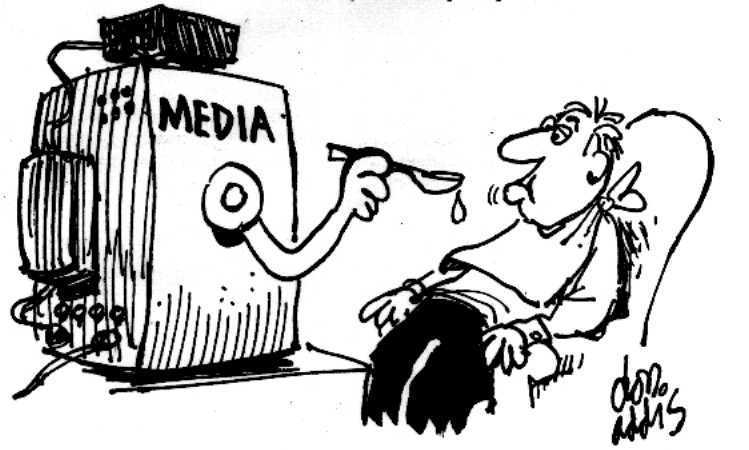
Is third time really a charm in Pakistani politics?
Democracy has been a tough challenge for Pakistan. In its 65 years of history, the democratic process has been hijacked four times by military coups. When elected governments did manage to acquire power, they failed to complete their term. This time was different. This time a democratically elected government was successful at completing its 5 year tenure.
While this is surely a monumental achievement, it is not enough. How much the PPP government work to improve the economy, security and international standing of Pakistan and how far was it successful?





































